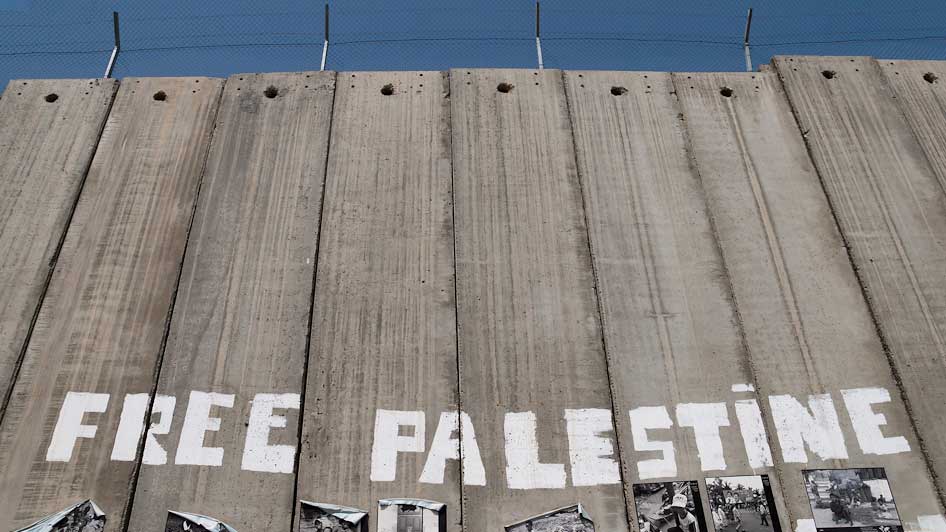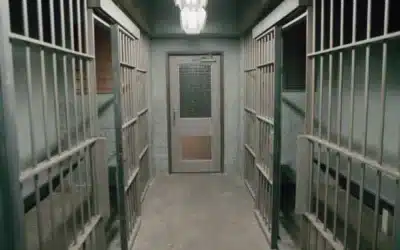The International Court of Justice (ICJ) yesterday issued its advisory opinion in its case examining the legal consequences of Israel’s occupation of Palestinian territory, ruling that Israel’s persistent occupation and discriminatory policies have no legal justification and therefore violate international law.
The ICJ had already ruled in 2004 that all of the Gaza Strip and the West Bank, including East Jerusalem, remained “occupied territories” under international law and therefore that Israel’s settlement regime and the separation wall it was constructing within the West Bank were illegal.
In that prior ruling, the ICJ, also known as the World Court, affirmed “the illegality of territorial acquisition resulting from the threat or use of force”.
That is a principle of international law emphasized in United Nations (UN) Security Council Resolution 242 from November 22, 1967, which in the wake of the June “Six Day War” legally required Israel to withdraw its forces to armistice lines drawn in 1949 after Zionist forces established the “Jewish state” of Israel by ethnically cleansing most of the Arab population from their homes in Palestine.
The ICJ’s ruling for the more recent case goes further than its 2004 judgment by concluding that Israel’s prolonged occupation of Palestinian territory is itself inherently illegal.
The ICJ case is formally an inquiry into the “Legal Consequences arising from the Policies and Practices of Israel in the Occupied Palestinian Territory, including East Jerusalem”, which the court opened at the request of the United Nations (UN) General Assembly in December 2022.
This case is separate from a pending case brought before the ICJ on December 29, 2023, by the government of South Africa, which charged Israel with violating the 1948 Convention on the Prevention and Punishment of the Crime of Genocide (or the Genocide Convention) for its murderous military operation in the Gaza Strip ongoing since October 2023.
The US government has also violated the Genocide Convention for its complicity in Israel’s genocide.
On January 26, 2024, the ICJ ruled that Israel was perpetrating a plausible genocide in Gaza and called on Israel to comply with its obligations under the Genocide Convention; and on May 24, the court issued additional provisional measures ordering Israel to halt its military operation in the city Rafah in Gaza.
As with its January ruling, Israel proceeded to ignore the ICJ order on May 24.
While the ICJ is a UN body that has no authority to enforce its judgments, the prosecutor of the International Criminal Court (ICC), a separate body at the Hague in the Netherlands that was established independently from the UN by the Rome Statute in 1998, has sought arrest warrants for Israeli Prime Minister Benjamin Netanyahu and Defense Minister Yoav Gallant for “crimes against humanity”.
In its ruling issued yesterday, the ICJ determined that Israel’s continued occupation of Gaza and the West Bank, including East Jerusalem, is “unlawful”, and that Israel is therefore obligated under international law to end its occupation “as rapidly as possible”.
Reaffirming its 2004 advisory opinion, the ICJ ruled that Israel “is under an obligation to cease immediately all new settlement activities, and to evacuate all settlers from the Occupied Palestinian Territory”.
Additionally, Israel is obligated “to make reparation for the damage caused to all the natural or legal persons concerned in the Occupied Palestinian Territory”.
The ICJ also emphasized the legal obligation of UN member states to not act complicitly in Israel’s illegal occupation.
That applies to the US government, which has long maintained a policy of supporting Israel’s crimes against the Palestinians, including by means of the US-led so-called “peace process”, which was always aimed at blocking implementation of the two-state solution to the Israeli-Palestinian conflict.
The aim of the “peace process”, which was premised on a rejection of international law, is not to be confused with the two-state solution, which is premised on the applicability of international law to the conflict.
As another example of US complicity in Israel’s violations of international law, in 2017, the Donald Trump administration moved the State Department’s Israeli embassy from Tel Aviv to occupied Jerusalem, which was a violation of UN Security Council resolutions prohibiting UN member states from taking actions to prejudice Palestinians’ rights in the occupied territories, including East Jerusalem.
While a welcome development to those concerned with peace and justice, it is regrettable that it took until July 2024 for the world’s highest governmental authority on matters related to international law to explicitly inform the public that Israel has a legal obligation to immediately withdraw its military from the Gaza Strip and the West Bank, including East Jerusalem.
Cross-posted from JeremRHammond.com.































